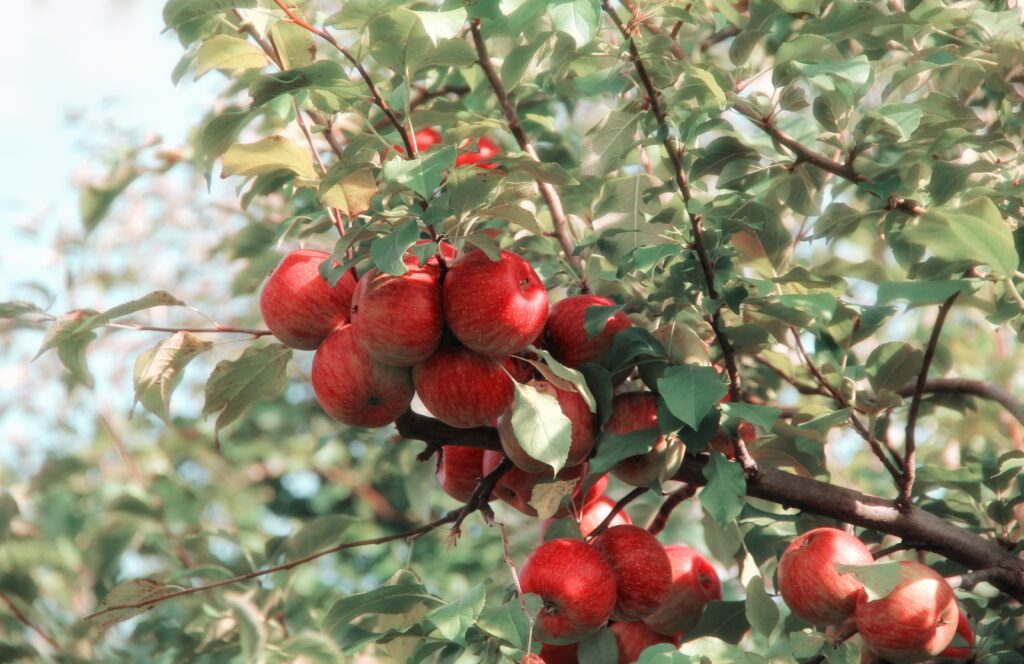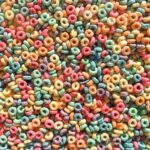On June 1, the US Food & Drug Administration (FDA) announced that it will cap inorganic arsenic levels in apple juice at 10 parts per billion (ppb). The FDA originally proposed this cap ten years ago but wanted to observe actual arsenic levels in apple juice to see if industry efforts to lower arsenic levels were effective.
The government agency has routinely found that most apple juice samples are now testing below 5 ppb, so it was decided that a 10-ppb limit is achievable with the use of Good Manufacturing Practices (GMP).
Even though the 10-ppb cap on inorganic arsenic is non-binding, FDA representatives believe this will encourage apple juice manufacturers to continue to reduce the inorganic arsenic levels in their products. The FDA has been criticized for moving slowly on this action. Arsenic compounds occur naturally in the environment, but inorganic arsenic is the most harmful form.
The agency expects to revisit the action level as part of its Closer to Zero plan, which was launched in 2021 as an effort to reduce heavy metals in baby food products.









